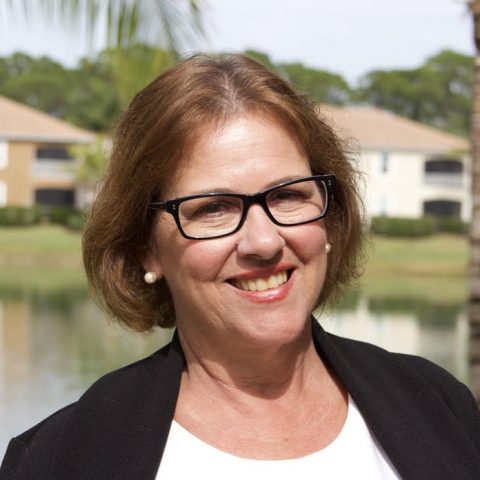Implement Term Limits
Certainly, diversifying participation in nursing teams is vital for fostering fresh perspectives and ensuring broad representation. One effective strategy is to implement term limits for committee members. Introducing term limits can help prevent stagnation and create opportunities for new faces to get involved. This ensures a regular influx of fresh ideas and perspectives, avoiding the dominance of a few long-standing members and promoting dynamic team engagement.
Regularly rotating team members also encourage a culture of continuous improvement and innovation. New members bring different experiences and viewpoints, which can lead to more creative problem-solving and enhanced team performance.
Open Communication and Transparency
Maintaining open lines of communication is essential to ensure that all staff members, regardless of their tenure or experience, are aware of the council’s activities, goals, and accomplishments. Transparency in communication encourages interest and engagement from a broader spectrum of team members.
Regular updates through meetings, newsletters, or digital platforms can keep everyone informed and involved. When staff members feel they have access to information and that their input is valued, they are more likely to participate actively in team activities and initiatives.
Focus on Unit-Specific Issues
Identifying and addressing hot topics or pressing concerns within the unit or council’s purview can attract participation from a wider range of staff members. By focusing on issues that directly impact the daily work and well-being of the team, you can motivate individuals who may not have been involved previously to contribute their insights and efforts.
Engaging staff in discussions and decision-making processes related to unit-specific challenges can foster a sense of ownership and accountability. This approach not only diversifies participation but also leads to more relevant and practical solutions to the issues at hand.
Leadership Changes and Strategic Direction
Leadership changes and shifts in strategic direction can significantly impact staff engagement. It’s important to provide education and orientation sessions for both new and existing leaders to ensure they understand and embrace the organization’s shared decision-making culture. Familiarizing leaders with the structure of shared governance or professional governance within the organization is crucial.
Emphasizing the leaders’ role in facilitating staff involvement in decision-making processes helps create an inclusive environment where everyone feels empowered to contribute. When leaders actively support and promote staff participation, it sets a positive example and encourages more team members to get involved.
Fostering a Culture of Inclusivity and Continuous Learning
In essence, fostering a culture of inclusivity and continuous learning is essential for expanding participation in nursing teams. Encouraging diversity in participation involves recognizing and valuing the unique contributions of each team member. Providing ongoing education, training, and development opportunities ensures that all staff members are equipped with the skills and knowledge needed to participate effectively.
Organizations can create mentorship programs, workshops, and other learning initiatives to support staff in their professional growth. By investing in the development of all team members, organizations can build a more inclusive and engaged workforce.
Diversifying nursing team participation requires a multifaceted approach that includes implementing term limits, promoting open communication, focusing on unit-specific issues, providing education for leaders, and fostering a culture of inclusivity and continuous learning. By embracing these strategies, organizations can ensure that a diverse range of staff members is actively involved in shaping the future of patient care and the practice environment.
Marky has expertise in aligning people and processes, identifying emerging issues, and assessing the effectiveness of organizational interventions. The result: enduring measurable improvement. Marky uses her deep health care experience along with evidence-based practices to co-create a customized improvement plan with clients.





